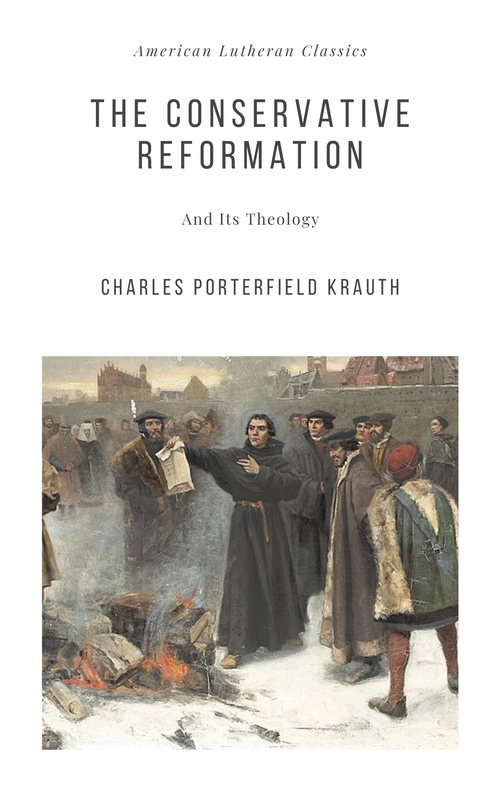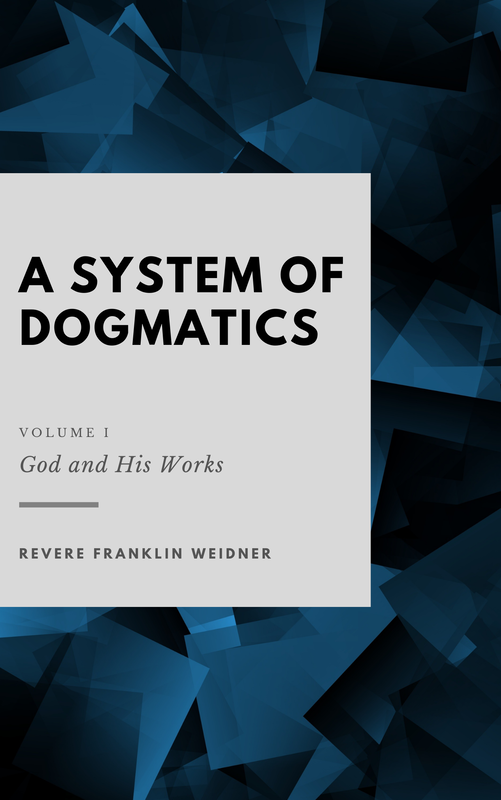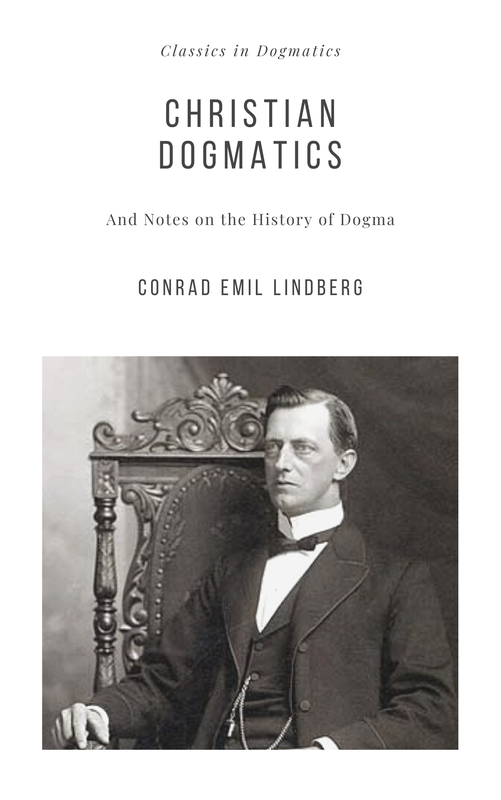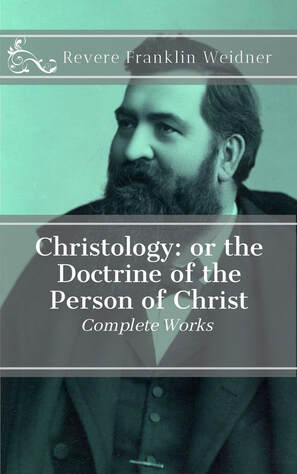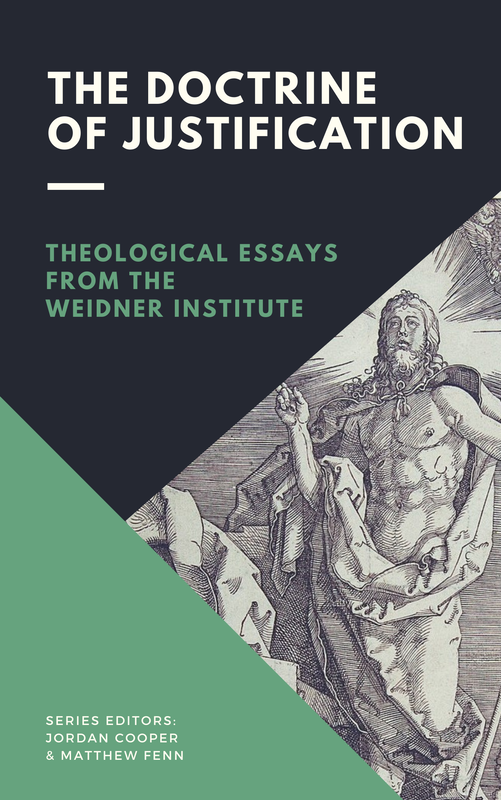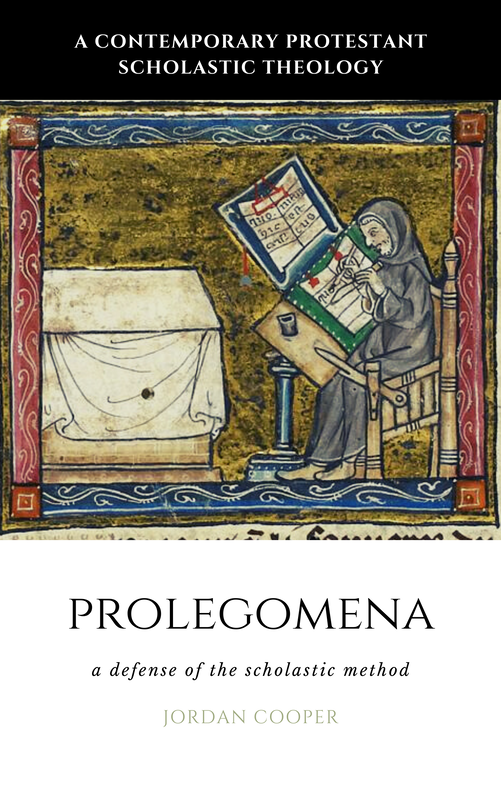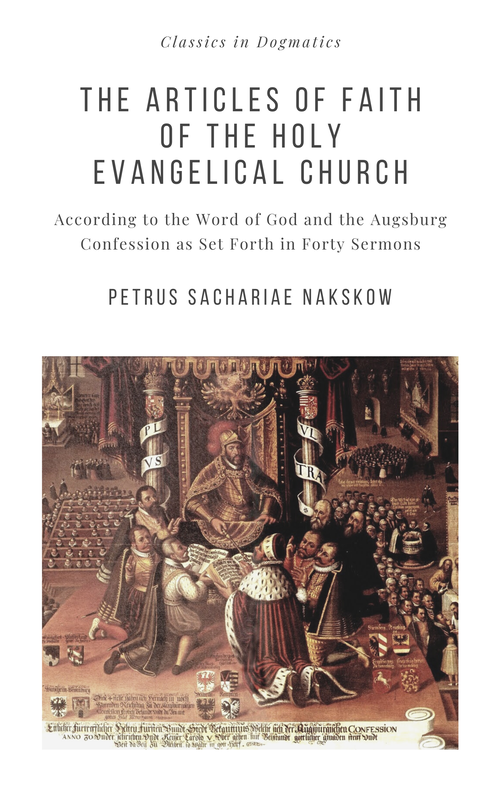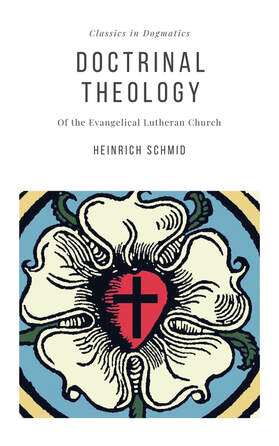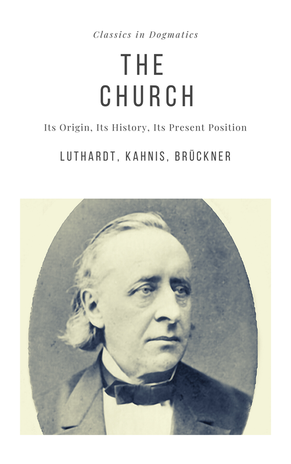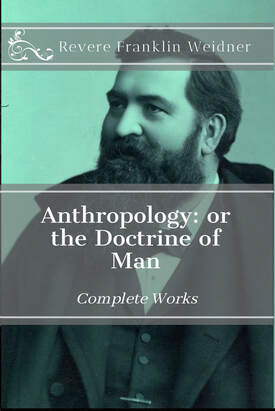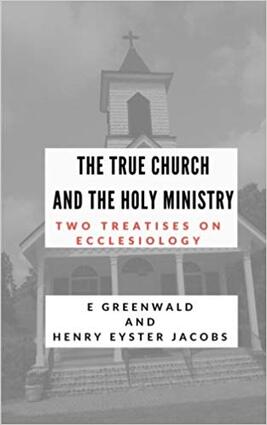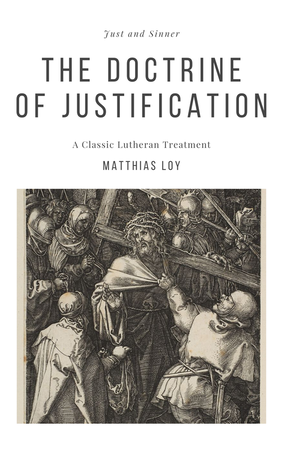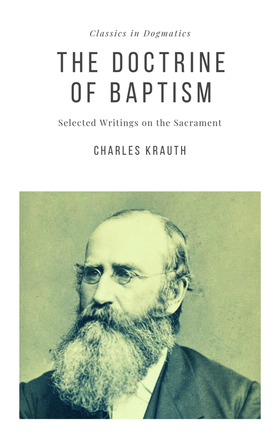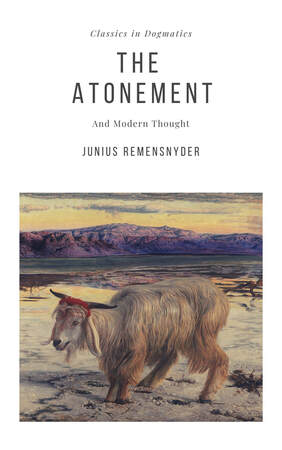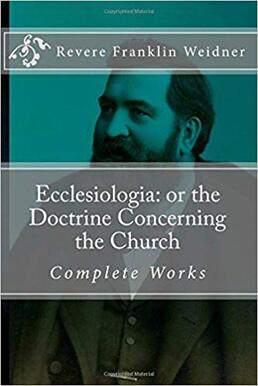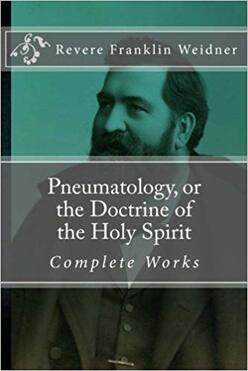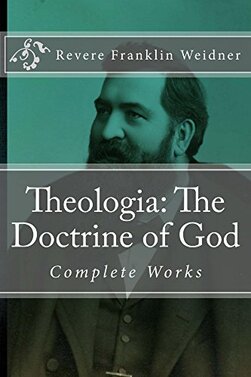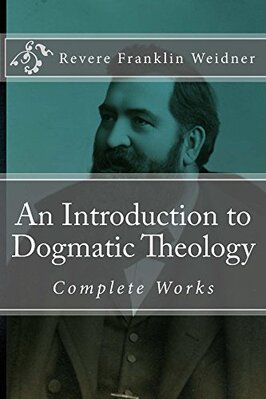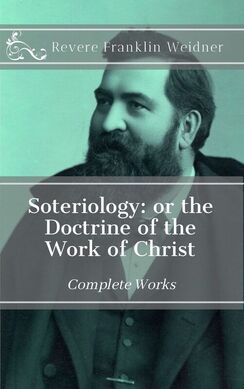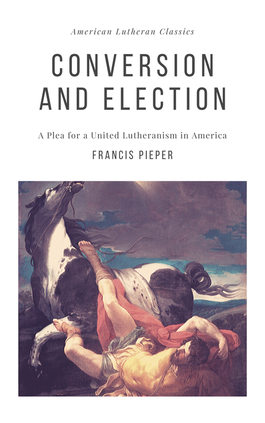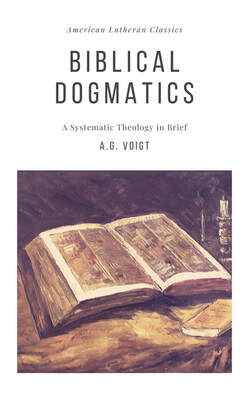| Nineteenth century America was a time of self-definition for Lutherans. Competing visions of Lutheranism in the new world led to questions about the role of the Lutheran Confessions, the nature of the sacraments, and the order of worship. Pastor Samuel S. Schmucker argued for a uniquely American Lutheranism which departed from the historical Lutheran church in numerous ways. In response to this, Charles Krauth wrote this work, The Conservative Reformation, as a plea to return to a historically and theologically robust Lutheranism. Krauth's book is a masterpiece of both historical and theological writing. In this work, Krauth provides a history of the Reformation and of the writing of the Lutheran Confessions. He then outlines the unique doctrines of Lutheranism and answers criticisms of Reformed theologians, Roman Catholics, and others. Krauth provides a vision of Lutheranism which is conservative, relying on the great truths of the past, without being strictly tied to a rote traditionalism. Print: $26.00 Kindle: $18.00 |
|
2 Comments
Christology: Or the Doctrine of the Person of Christ (Complete Works of Revere Franklin Weidner)12/22/2021
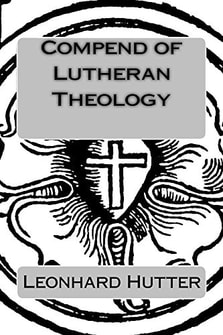 Leonhard Hutter's Compend of Lutheran Theology was a standard theological textbook for many years following the Reformation. This volume is a short and comprehensive treatment of Lutheran theology. It is written in a question and answer format, and is an especially helpful work for catechesis. Hutter writes within the scholastic tradition, yet this work is very accessible. He heavily utilizes selections from the Lutheran Confessions, Scripture, and the writings of Luther and Melanchthon. This edition was translated by Henry Eyster Jacobs for use in Lutheran education in America in the nineteenth century. Leonhard Hutter (1563-1616) was a professor of theology at the University of Wittenberg, and was an early proponent of Lutheran orthodoxy. Print: $14.00 Kindle: $8.99 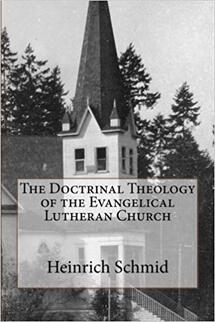 In the contemporary Lutheran church, our rich dogmatic heritage is often forgotten. We tend to privilege Luther and other early reformers over the later tradition that developed through his reforms. The church would benefit from a thorough read of those within the seventeenth century scholastic tradition, along with the reformers, who systematized and expounded upon Luther's ideas. Heinrich Schmid's The Doctrinal Theology of the Evangelical Lutheran Church is a concise summary of the developments of the seventeenth century scholastic theologians in the Lutheran tradition. Schmid compiles citations from the best of that tradition, including Gerhard, Chemnitz, Calov, and Quenstedt. Schmid also includes several historical notes, demonstrating how each particular doctrine has developed in the history of Lutheran theology. This book is an essential read for anyone who desires to understand the Lutheran theological tradition Print: $24.00 The Doctrine of Baptism: Selected Writings on the Sacrament by Charles Krauth (Studies in Dogmatics)10/2/2019
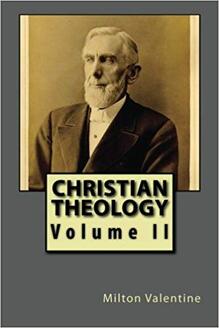 Milton Valentine (1825-1906) was the most prominent theologian of the General Synod after the death of Samuel Schmucker. Unlike Schmucker, Valentine was committed to the unaltered Augsburg Confession, and argues for Lutheran unity in America based on a quia subscription to the Augustana. Unity was impossible however, between the General Synod and the General Council due to the remaining liberalism amongst many clergy and theologians in the General Synod. Though committed to the Augustana and the historic Lutheran tradition as he understood it, Valentine was still largely influenced by the protestantizing tendencies of his own church body. This should not, however, serve as grounds for dismissing Valentine as a theologian. He was a highly original and intelligent theologian, producing the best theological textbooks to arise from the General Synod. Valentine's treatment of the order of salvation and the work of Christ are especially beneficial. When speaking of the sacraments, however, Valentine is influenced by Reformed thinking. This is the second volume of Valentine's Systematic Theology that served as a textbook for many years at Gettysburg Seminary where Valentine served as president. This second volume covers soteriology, the sacraments, ecclesiology, and eschatology. Print: $13.30 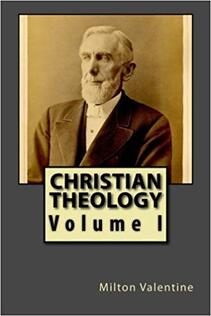 Though committed to the Augustana and the historic Lutheran tradition as he understood it, Valentine was still largely influenced by the protestantizing tendency of his own church body. This should not, however, serve as grounds for dismissing Valentine as a theologian. He was a highly original and intelligent theologian, producing the best theological textbooks to arise from the General Synod. Valentine's treatment of the doctrine of God, apologetics, and Holy Scripture are especially beneficial. When speak of conversion and election, however, Valentine tends more in the Arminian than historic Lutheran direction. This is the first volume of Valentine's Systematic Theology that served as a textbook for many years at Gettysburg Seminary where Valentine served as president. This first volume covers prolegomena, the doctrine of God, and the doctrine of man. Print: $14.25 Ecclesiologia: Or the Doctrine Concerning the Church by Revere Franklin Weidner (Complete Works)9/20/2019
Soteriology: Or the Doctrine of the Work of Christ by Revere Franklin Weidner (Complete Works)9/20/2019
|
Categories
All
|

